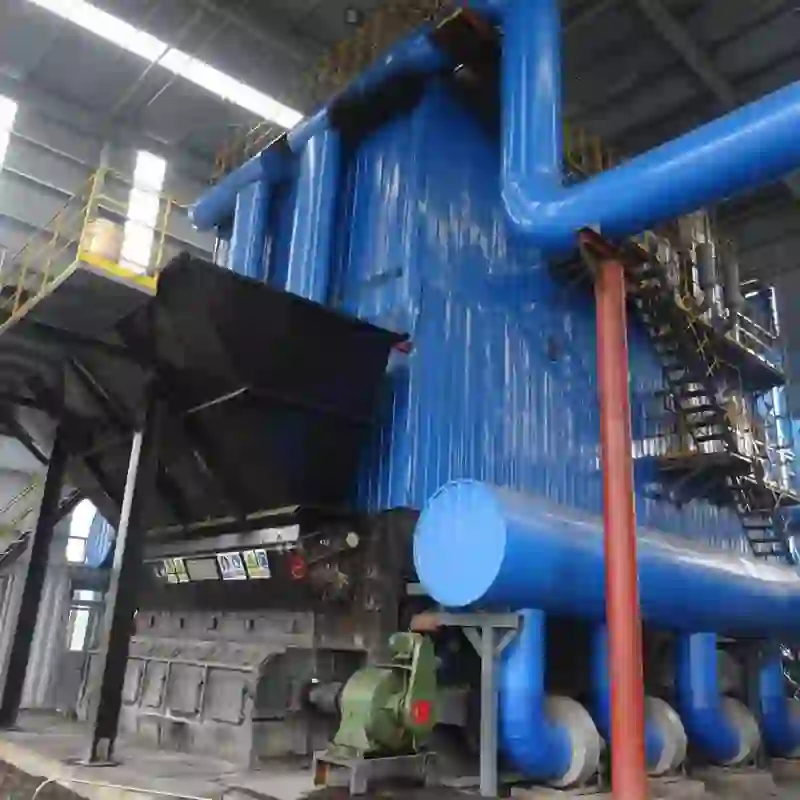
11-р сар . 21, 2024 22:45 Back to list
selection of steam boiler
Selection of Steam Boilers Key Considerations for Optimal Performance
Steam boilers are essential components in various industries, serving a critical role in the generation of steam for heating, power generation, and various industrial processes. Choosing the right steam boiler can significantly affect operational efficiency, energy consumption, and overall productivity. Since there are various types of steam boilers available, understanding the factors that drive the selection process is crucial for facility managers and engineers. This article will explore key considerations when selecting steam boilers to ensure optimal performance and reliability.
Types of Steam Boilers
Before delving into selection criteria, it’s essential to understand the different types of steam boilers available. The two main categories are fire-tube and water-tube boilers. Fire-tube boilers consist of a series of tubes through which hot gases pass, heating the water surrounding the tubes to produce steam. These boilers are generally preferred for their simplicity and lower initial cost, making them ideal for smaller installations.
In contrast, water-tube boilers feature water-filled tubes that are heated by combustion gases externally. This design allows for higher pressure and temperature operations, making them suitable for large-scale industrial applications where efficiency and space are critical factors. Choosing between these types depends on the specific requirements of the application.
Fuel Type
Another significant consideration when selecting a steam boiler is the type of fuel that will be used. Boilers can operate using various fuels, including natural gas, oil, coal, and biomass. Each fuel type has distinct advantages and disadvantages, including costs, availability, and environmental impact. For instance, natural gas is often favored for its lower emissions and high efficiency, while coal may be chosen for its cost-effectiveness in certain regions.
Understanding the site's infrastructure and local regulations regarding emissions is crucial when selecting the appropriate fuel type. In many cases, the choice of fuel can also affect the boiler design, efficiency, and operational costs.
Boiler Capacity
The capacity of a steam boiler is a critical factor, directly influencing its ability to meet the steam demands of the facility. It is essential to accurately assess the required steam output, considering both peak and average load conditions. Undersized boilers can lead to inadequate steam production, affecting operational efficiency and productivity. Conversely, oversized boilers can result in unnecessary fuel consumption and increased wear and tear on the system.
selection of steam boiler

To determine the appropriate boiler capacity, thorough calculations must be performed considering the specific processes that will utilize the steam, including heating, sterilization, and power generation needs.
Efficiency and Fuel Consumption
Boiler efficiency is a vital consideration, as it directly impacts operating costs and sustainability. Higher efficiency boilers convert more fuel into usable steam, reducing energy consumption and operating costs. Look for boilers with high thermal efficiency ratings, typically above 85%. Additionally, factors such as return on investment, boiler design, and advancements in technology can significantly influence efficiency levels.
Selecting a boiler equipped with advanced control systems can facilitate optimal operation by continuously monitoring performance and adjusting fuel and air inputs as needed.
Maintenance and Support
The long-term performance of a steam boiler is heavily influenced by the level of maintenance it receives. Choosing a boiler that is easy to maintain can save significant time and costs in the long run. Look for equipment that has easily accessible components and requires minimal downtime for repairs or routine servicing.
Additionally, consider the availability of technical support and spare parts. A reputable manufacturer or supplier that offers ongoing service and support can be invaluable, ensuring that the boiler operates efficiently throughout its lifecycle.
Conclusion
Selecting the right steam boiler is a complex process influenced by various factors, including type, fuel choice, capacity, efficiency, and maintenance requirements. By carefully assessing these criteria, facility managers can choose a boiler that not only meets the specific steam needs of their operations but also contributes to improved efficiency and reduced operational costs. Understanding the intricacies involved in boiler selection ensures that organizations can maintain optimal performance while meeting sustainability goals in an ever-evolving industrial landscape.
-
Efficient Biomass Fired Hot Water Boiler | AI Heating Solution
NewsAug.01,2025
-
High-Efficiency Gas Thermal Oil Boilers | HPT Models
NewsJul.31,2025
-
Oil Fired Hot Water Boilers Sale - High Efficiency & Affordable
NewsJul.31,2025
-
High-Efficiency Commercial Oil Fired Steam Boiler for Industry
NewsJul.30,2025
-
High-Efficiency Biomass Fired Thermal Oil Boiler Solutions
NewsJul.30,2025
-
High Efficiency Gas Fired Thermal Oil Boiler for Industrial Heating
NewsJul.29,2025
Related PRODUCTS






















